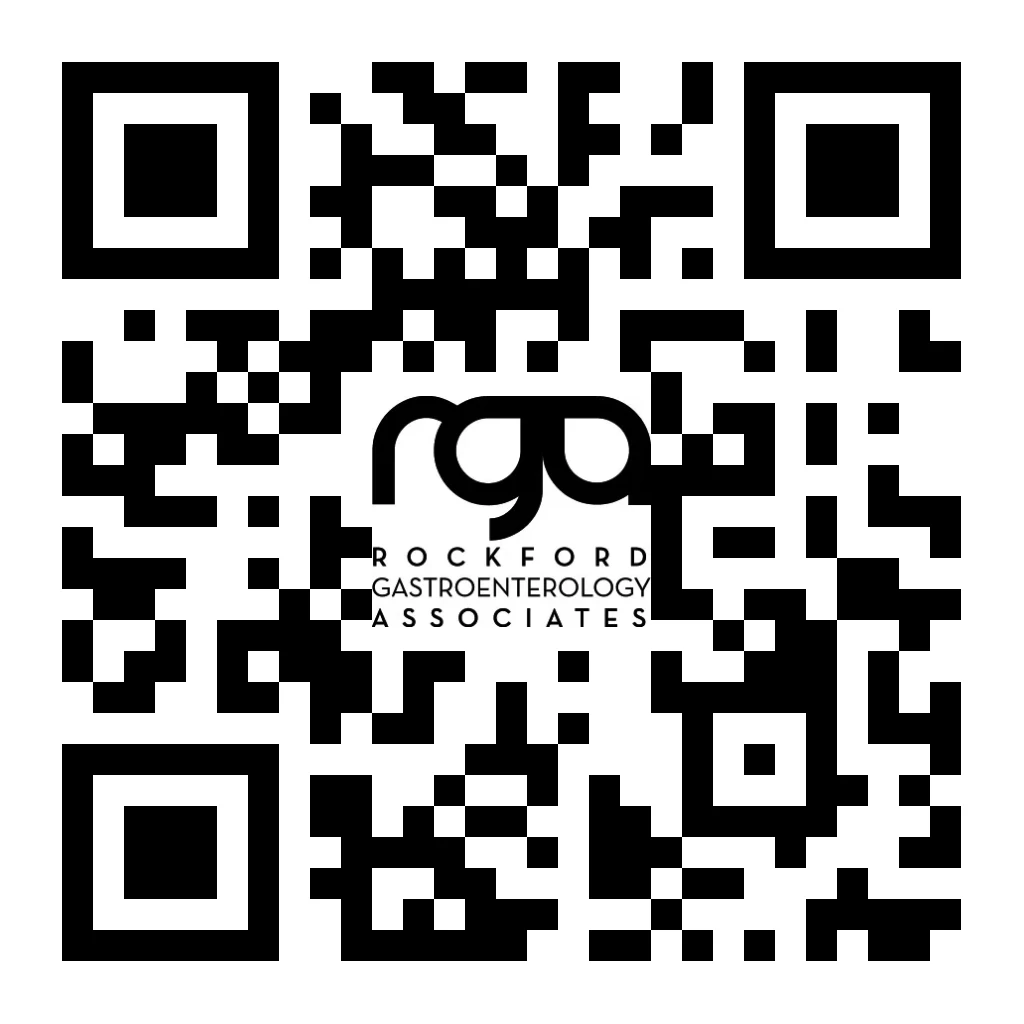Colon Cancer Screening Tests
Rockford Gastroenterology Associates, with offices in Rockford, Belvidere, Roscoe, and Beloit, Illinois, is dedicated to providing comprehensive colon cancer screening options to ensure early detection and prevention. Screening is vital because it can identify precancerous polyps and early-stage cancer, significantly improving treatment outcomes. Below is an overview of the most common screening methods available:
Colonoscopy is the gold standard for colon cancer screening. This procedure involves the use of a flexible tube with a camera to examine the entire colon and rectum. It is highly effective in detecting polyps, tumors, and other abnormalities. During the procedure, polyps can often be removed, preventing them from developing into cancer. Colonoscopy is recommended every 10 years for average-risk individuals starting at age 45 or earlier for those with a higher risk. More frequent screenings may be necessary for those with a personal or family history of colorectal cancer, polyps, or inflammatory bowel disease.
Stool tests are non-invasive screening methods that analyze a sample of stool for signs of colon cancer. Two primary types are commonly used:
- Fecal Immunochemical Test (FIT): This test detects hidden blood in the stool, which may indicate the presence of polyps or cancer. This test is typically done annually for individuals at average risk.
- Guaiac-Based Fecal Occult Blood Test (gFOBT): Another is another test for hidden blood in the stool, which requires dietary restrictions before the sample collection. This test is recommended annually.
Both stool tests are simple, at-home options that are less sensitive than colonoscopy and may require follow-up testing if results are abnormal.
DNA stool tests, such as Cologuard®, check for abnormal DNA changes and hidden blood in the stool that may suggest the presence of polyps or cancer. This at-home test is non-invasive and typically recommended every three years for average-risk individuals. While convenient, it may also require follow-up with a colonoscopy if results are positive.
Capsule endoscopy involves swallowing a small, pill-sized camera that takes thousands of images of the digestive tract as it passes through. While primarily used for diagnosing conditions in the small intestine, it is sometimes used for colon cancer screening when a traditional colonoscopy is not possible. This method is less comprehensive than a colonoscopy and may still require additional testing for any abnormalities detected. It is not routinely used for standard screening but may be recommended based on specific medical circumstances. The frequency depends on the findings and the individual’s risk factors.
For those with a higher risk of colon cancer due to factors such as a family history of colorectal cancer, personal history of polyps, or genetic conditions (e.g., Lynch syndrome), screenings may need to begin earlier and occur more frequently. Your Rockford Gastroenterology Associate will tailor the schedule to your specific needs.
Following the recommended screening schedule is crucial for detecting colon cancer early when treatment is most effective or even preventing it by removing precancerous polyps. If a test detects abnormalities, follow-up with a colonoscopy or additional testing may be required.
Rockford Gastroenterology Associates offers expert guidance in choosing the most appropriate screening test based on your individual risk factors, medical history, symptoms and lifestyle. To learn more or schedule a screening, contact one of our conveniently located offices in Rockford, Belvidere, Roscoe, or Beloit, Illinois. Early detection saves lives—take action to protect your health today.

